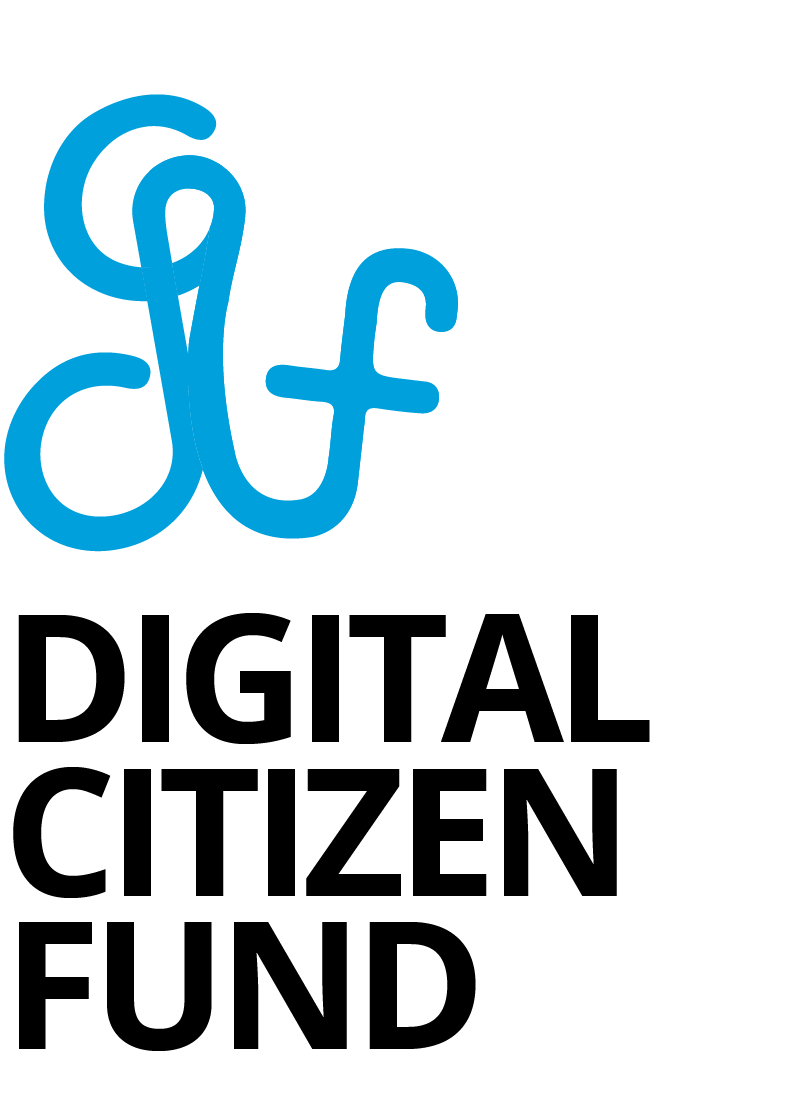
Q&A With Raihana Sattari
Raihana is currently majoring in Mechanical Engineering at Texas A&M University at Qatar. She is also a member of the Afghan Girls Robotics Team.
1. Can you share your journey from joining the Afghan Robotics team to now studying at Texas A&M at Qatar?
Since I was in eighth grade, I have followed the journey and achievements of the Afghan Robotics team, feeling proud of them for transforming the image of Afghanistan from one of war to one of prosperity. Then, the unthinkable happened: the Taliban took over my country and shut down schools and universities for girls. In the first week, I felt hopeless, like a lifeless body. Days and nights of thinking, crying, and worrying led me to seek any opportunity for self-improvement and to refuse to give up. This determination led me to discover the scholarship announcement from the Afghan Robotics team. I submitted my application and passed three levels of examinations, competing against students from all over the country. Finally, I succeeded in earning team membership and an undergraduate scholarship from Qatar. After facing many challenges at the Kabul airport, where we had to conceal our team’s identity and who we were, we finally managed to leave and arrived safely in Qatar.
As part of the scholarship, I first attended the Academic Bridge Program. For the first two weeks, I was in shock, struggling to process the joy of being back in school. One day, overwhelmed by emotions, I began crying, realizing I had left everything and everyone behind to pursue my dream of continuing my education. At ABP, we learned how to study at university in English and how to apply to universities. I decided to apply to Texas A&M University at Qatar for the Mechanical Engineering program, aiming to demonstrate that a woman from Afghanistan can make a difference in this world just like any other woman. I was admitted to Texas A&M University, and I feel incredibly blessed to have the opportunity to represent myself as the first Afghan student on the Qatar campus.
2. Given the current challenges facing women and girls in education in Afghanistan, how do you think your experiences and education in Doha can contribute to supporting their educational rights and opportunities?
Given the current challenges facing women and girls in Afghanistan, my experiences and education in Doha serve as both a symbol of resilience and a beacon of hope. By pursuing a Mechanical Engineering degree at Texas A&M University at Qatar, I aim to demonstrate that Afghan women can achieve greatness and make meaningful contributions to the world. My journey from Afghanistan to Doha, overcoming various obstacles, has equipped me with the knowledge and determination to advocate for the educational rights of Afghan girls. I hope to inspire others and eventually contribute to creating opportunities that empower Afghan women through education, showing that their potential knows no bounds despite the challenges they face.
3. How has being a member of the Afghan Robotics team influenced your academic interests and future career aspirations, especially in the context of advocating for women’s education in Afghanistan?
Being a member of the Afghan Robotics team profoundly influenced my academic interests and future career aspirations by igniting my passion for STEM, particularly in engineering. Initially, I hadn’t considered pursuing engineering, but the experience of working with the team and witnessing the impact of technology inspired me to choose this path. Now, I am dedicated to using my education in Mechanical Engineering not only to excel in my field but also to advocate for women’s education in Afghanistan. My goal is to demonstrate that Afghan women can thrive in STEM fields and to inspire others to pursue their dreams, regardless of the obstacles they face. I understand that breaking stereotypes about women in a very traditional society is not easy, but it is also not impossible.
4. What challenges have you faced while studying in Doha, and what strategies have you used to overcome them?
The challenges of adapting to a new environment, language barriers, and the emotional toll of being far from home during such a chaotic time in Afghanistan were significant. Initially, the transition was overwhelming, especially as I tried to balance the joy of continuing my education with the pain of leaving everything and everyone behind. To overcome these challenges, I relied on the support provided by the Afghan Robotics team and the Academic Bridge Program, which helped me adapt to studying in English and prepare for university life. I also focused on my long-term goal of representing Afghan women in STEM, which motivated me to push through difficult moments. Staying connected to my roots and finding a supportive community in Doha have been crucial in helping me manage the emotional challenges and remain focused on my studies.
5. How do you plan to use the knowledge and skills you are gaining in Doha to support and advance the Afghan Robotics team and advocate for the educational rights of women and girls in Afghanistan?
I plan to use the knowledge and skills I’m gaining in Doha to advance the Afghan Robotics team and advocate for the educational rights of women and girls in Afghanistan by becoming a role model and proactive advocate for change. My education in Mechanical Engineering will equip me with the technical expertise to contribute to the team’s innovative projects and mentor future team members, particularly young Afghan girls interested in STEM. By showcasing my achievements, I aim to inspire and encourage Afghan women to pursue education despite the current challenges. Additionally, I intend to leverage my international exposure to build networks and collaborations that can bring resources and opportunities to Afghan students, ultimately advocating for policies that support women’s education in Afghanistan.


